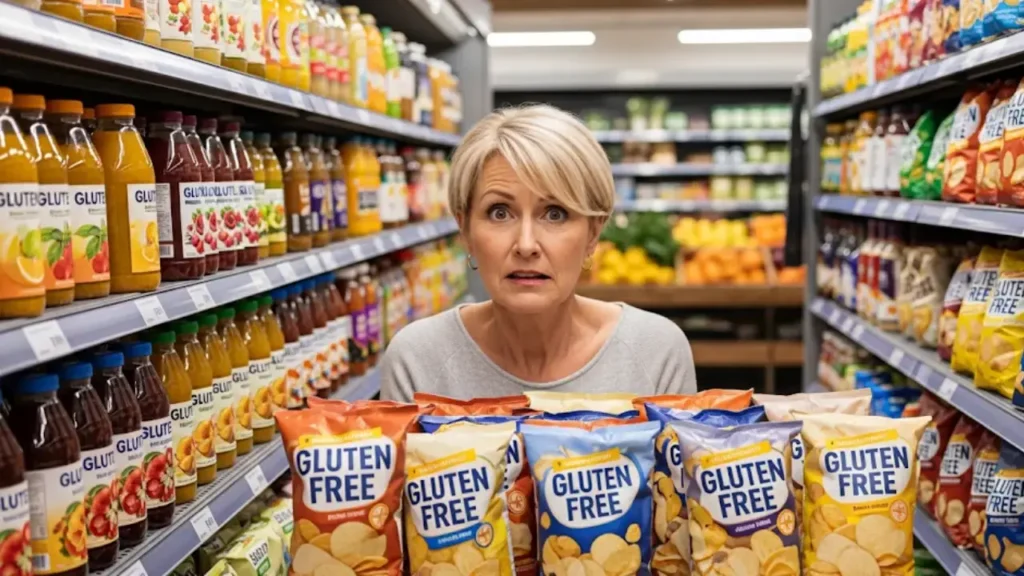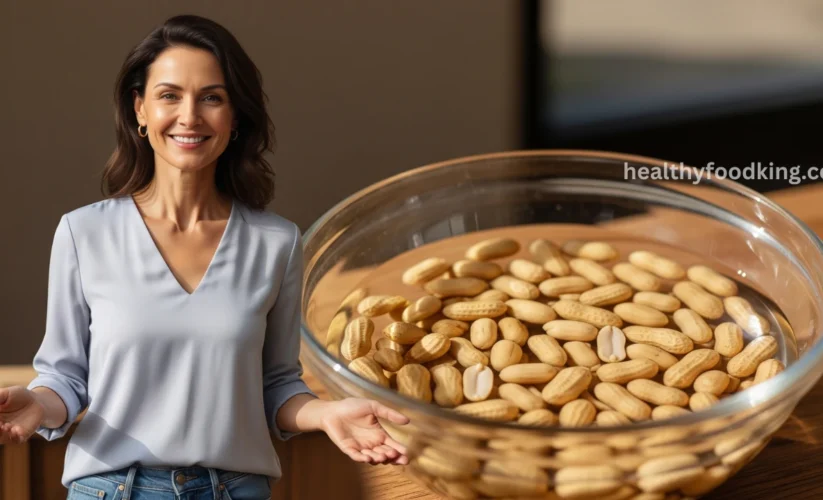
The Truth About Gluten-Free Diets: Health Savior or Just Hype?
Gluten-free food appears everywhere in supermarkets, restaurants, and even in health blogs. It is commonly felt that a gluten-free diet is a clever idea to achieve a weight-loss milestone or better bowel movements, or enhanced energy. Some cannot do without it. For other people, it is a preference.

However, the question is whether a gluten-free diet is a health savior or just another health trend with no benefits in real life. What is the truth?
What Makes Gluten-Free a Health Savior?

Not being able to eat gluten is not a fad but a health requirement for some individuals. Gluten is a protein present in rye, wheat, and barley. It keeps food such as bread in shape.
Gluten is destructive in some health situations:
- Celiac Disease is an autoimmune disorder. The stomach can be destroyed even with the smallest exposure to gluten. Individuals with the condition are not supposed to ingest any gluten.
- Non-Celiac Gluten Sensitivity: such people do not always react positively in testing with celiac disease, but when they take gluten, they tend to have stomach cramps, bloating, or even develop fatigue.
- Wheat Allergy: It is an actual allergic response to wheat. It may cause skin eruptions, respiratory difficulties, or stomach upset.
Gluten-free is a lifesaver in the case of such groups. It shields the body, alleviates the symptoms, and enhances life. In its absence, there can arise serious issues.
Why the Hype Around Gluten-Free?

Others who are not medically challenged are also avoiding gluten. They also have a feeling that gluten is poor for health in general. Others believe they want to lose weight, feel energetic, or have good skin.
Such overviews lack scientific evidence in normal persons. The gluten-free diets are not always linked to advantages:
- Inadequate Fiber: The major portion of gluten-free foods uses white rice flour or potato starch. These lack fiber, which helps in digestion and heart well-being.
- Lack of Nutrients: Gluten-free processed foods contain low B vitamins, iron, and magnesium.
- Sugar and Fat: Manufacturers often use excessive amounts of sugar or unhealthy fats to make gluten-free food taste good.
- More Expensive: Gluten-free products tend to be more expensive than normal, even when they do not have many advantages.
To a person who is not sensitive to gluten, not consuming gluten does not have a proven necessity. This turns out to be like a hype rather than assistance to the trend.
Marketing vs. Medical Need

The trend of gluten-free food plays an essential role in food. Any kind of product will now have a gluten-free labeling even though it did not contain gluten in the first place, like fruit juices or potato chips. Such tags also tend to give a false belief that gluten-free is a healthier dish.
Such smart advertising makes a lot of people use extra money on food they do not need. It also takes the focus away from actual health practices-such as consuming more fruits, vegetables, whole grains, and physical activity.
The Risk of Following the Hype Blindly

Removing gluten without reason can cause problems:
- It may lower the intake of important nutrients.
- It can limit food choices and make eating out harder.
- It can instill fear of healthy foods that are gluten-containing, e.g., whole wheat.
Some individuals are better off after reducing gluten. This is usually the case because they cease to consume fast food items, fried snacks, or cake, which were unhealthy in the first place. The enhancement can be possible due to the overall food choices being better, not only to eliminate gluten.
What Health Experts Say

Health experts concur: Only people with gluten disorders need to have a gluten-free diet.
To some, there is no medical indication to shun gluten. Wheat, oats (gluten-free certified), and barley as a whole grain are good as energy sources, as well as fiber and nutrients. They aid weight management, digestion, and heart health. It is all about balance rather than blind restriction.
Final Verdict: Savior or Just a Trend?
Gluten-free diets are a health savior, though only to the people who need them. To a layman, gluten-free eating can be counterproductive.
Instead of eradicating gluten, one ought to consider eating fresh and whole foods. No fad will be more beneficial to long-term health than a balanced plate that has vegetables, fruits, whole grains, lean proteins, and healthy fats.
Knowledge enhances better choices. It is never too late to be asking the question, Is this necessary as health-wise, or is it hype, before going gluten-free.
Disclaimer:
The information referred to in this article is generic and educational knowledge. It should not be mistaken for a form of professional medical or nutritional support.
Related Similar Posts:-
Top 10 Weight loss Amazing Food available at our home
Never Eat These Foods Together – Bad Pairings for Digestion
What You Should Avoid When Doing Intermittent Fasting for Weight Loss
10 Foods You Should Never Eat or Mix After Eating Non-Veg






